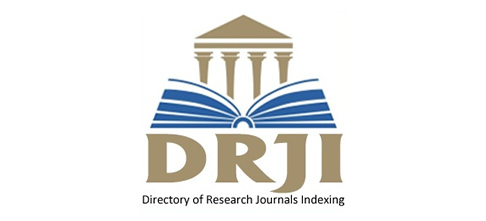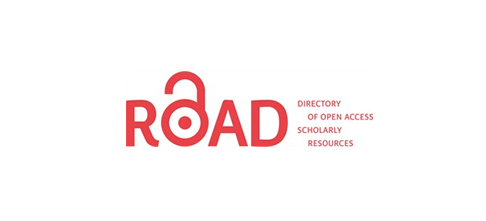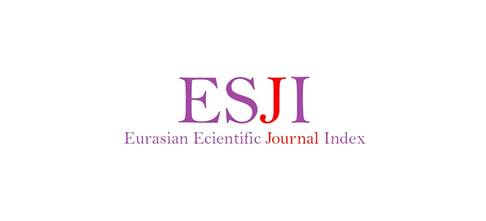IRA’nın Yeniden Yükselişinde Brexit’in Rolü ve Güvenlikleştirilen Alanlar
30.01.2024 | Elif Dilan TÜTMEZ
Özet
Birleşik Krallık’ın Avrupa Birliği’nden (AB), 2016 yılında düzenlediği referandum ile ayrılması (Brexit), Kuzey İrlanda için benzersiz zorluklar yaratmıştır. Şiddetli çatışmalarla dolu sorunlu bir geçmişe sahip olan Kuzey İrlanda, Birleşik Krallık ile AB ilişkilerindeki bu değişimden olumsuz yönde etkilenmiştir. İrlanda adasına yeniden ‘sert bir sınırın’ çizilmesi, Kuzey İrlanda’da toplumsal, siyasal ve ekonomik alanlarda güvenlikleştirmeye yol açmıştır. Brexit’le, 1998 Belfast Anlaşması’yla sağlanan barış ortamının bozulması ihtimali doğmuştur. Birleşik Krallık’ın geleceği ve bütünlüğü ise, gündemin ana tartışma konularından birini oluşturmuştur. Bu süreçte Kuzey İrlanda çatışma tarihinin etkili aktörlerinden olan İrlanda Cumhuriyeti Ordusu’ndan (IRA) yeniden söz edilmeye başlanmıştır. 2001-2005 yılları arasında silahsızlanma sürecine giren ayrılıkçı terör örgütünün, 2016 yılı sonrasındaki faaliyetlerinde artış yaşanması toplumda endişe yaratmıştır. Bu çalışmada Brexit’in, IRA’nın ‘birleşik bir İrlanda’ hedefini gerçekleştirmesinde çıkış yolu oluşturduğu ileri sürülmektedir. Bu ifadenin doğruluğu ise çalışmada, uluslararası ilişkiler disiplininde yer alan güvenlikleştirme teorisi çerçevesinde test edilmektedir. Çalışmanın amacı, Brexit ve güvenlikleştirme teorisi doğrultusunda IRA’nın son yıllardaki yükselişindeki arka plana ışık tutmak ve Birleşik Krallık’ın karşılaştığı riskleri değerlendirmektir.

















